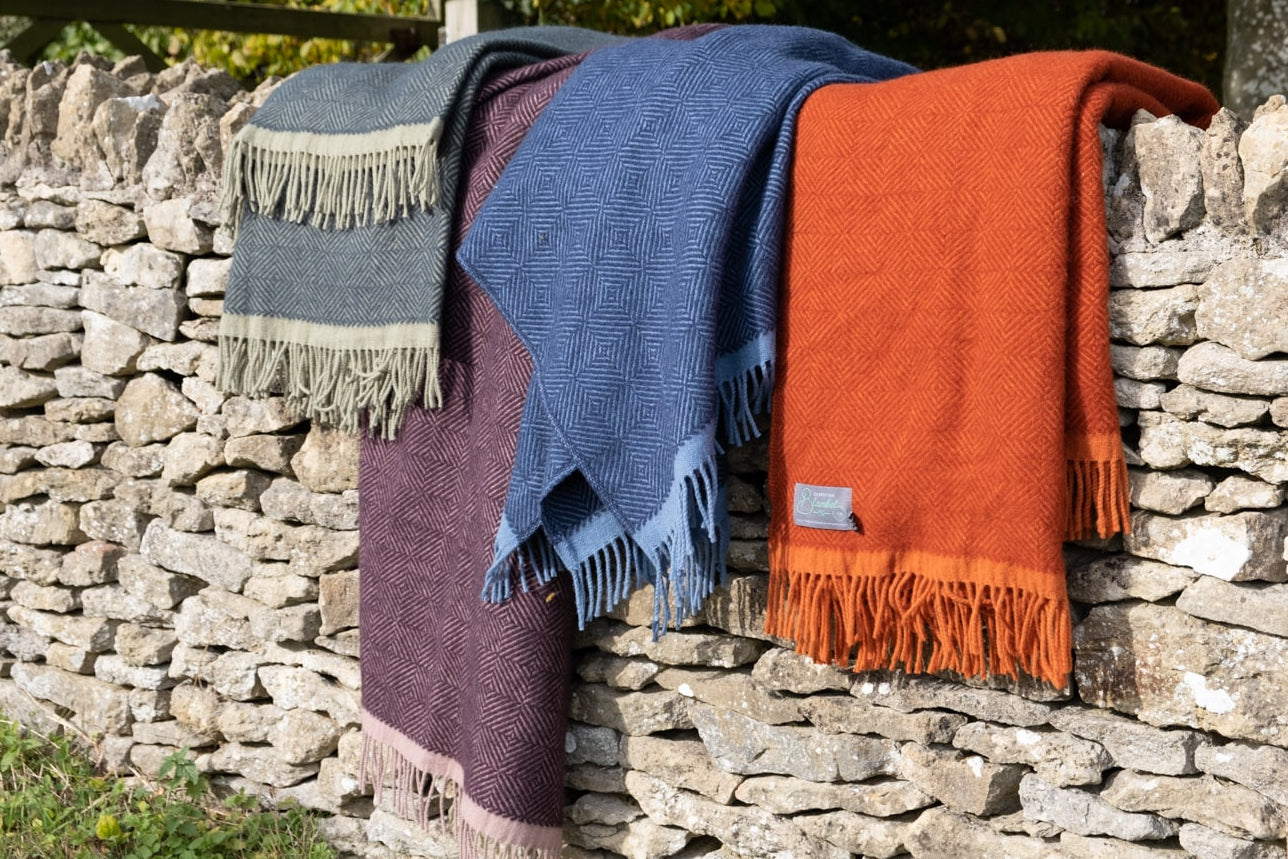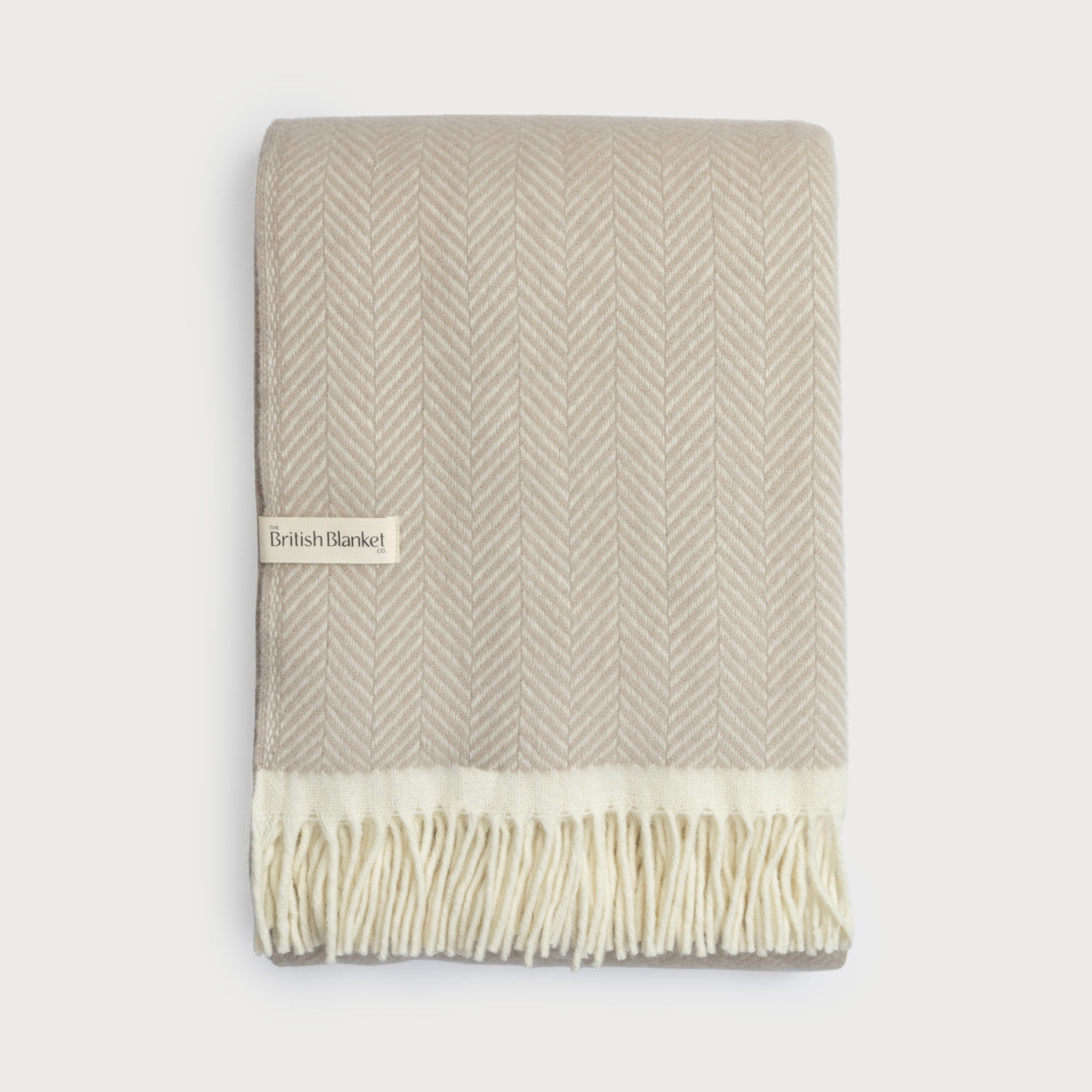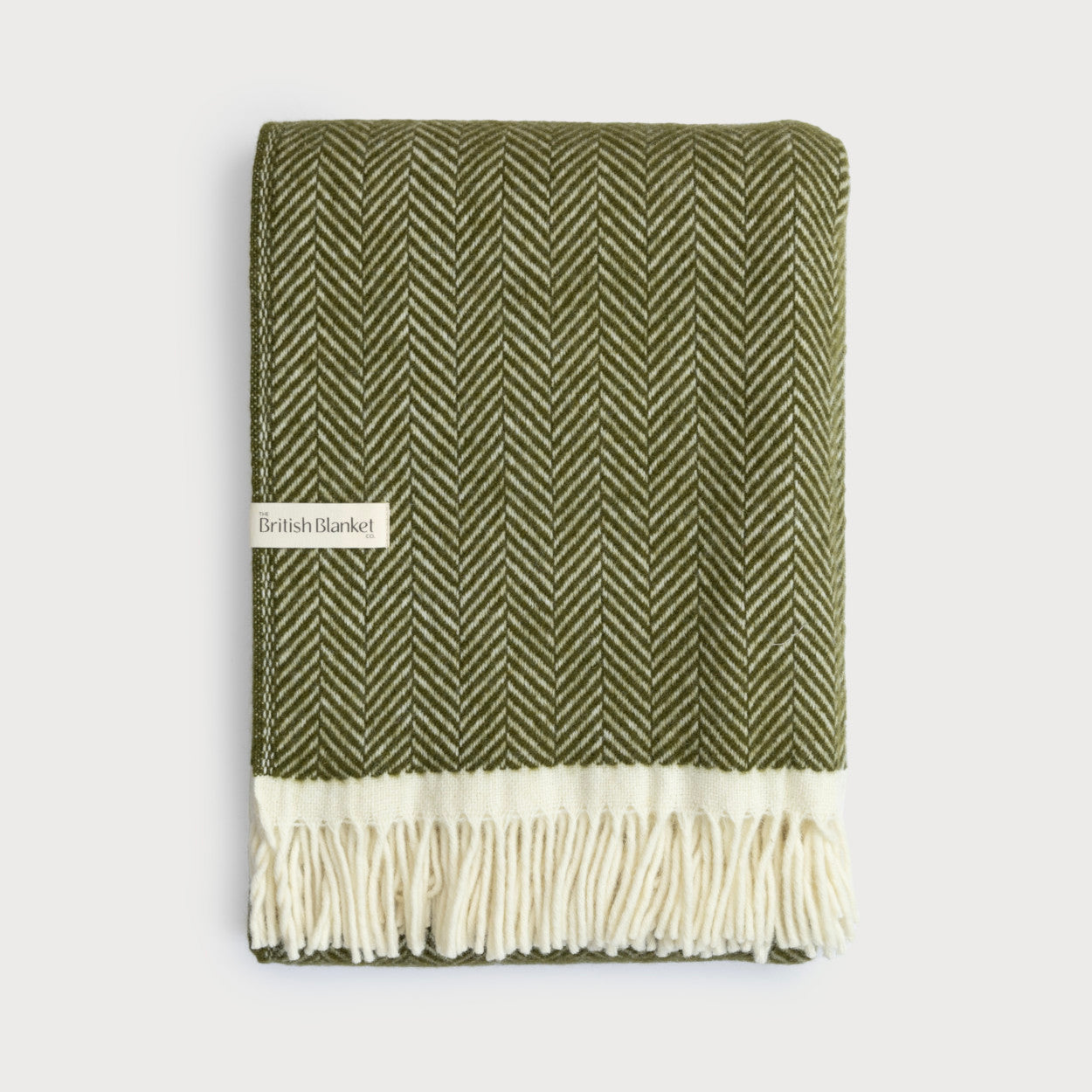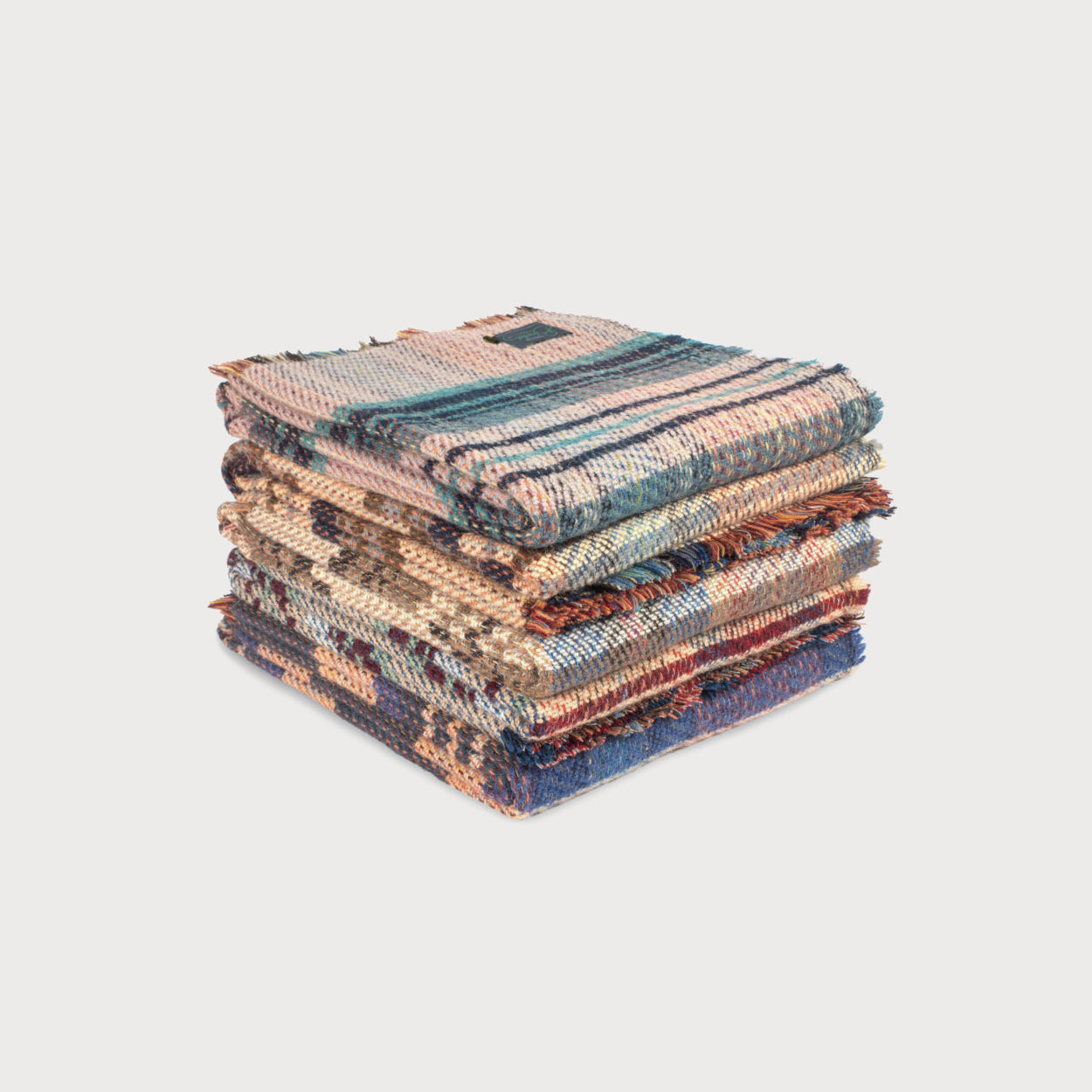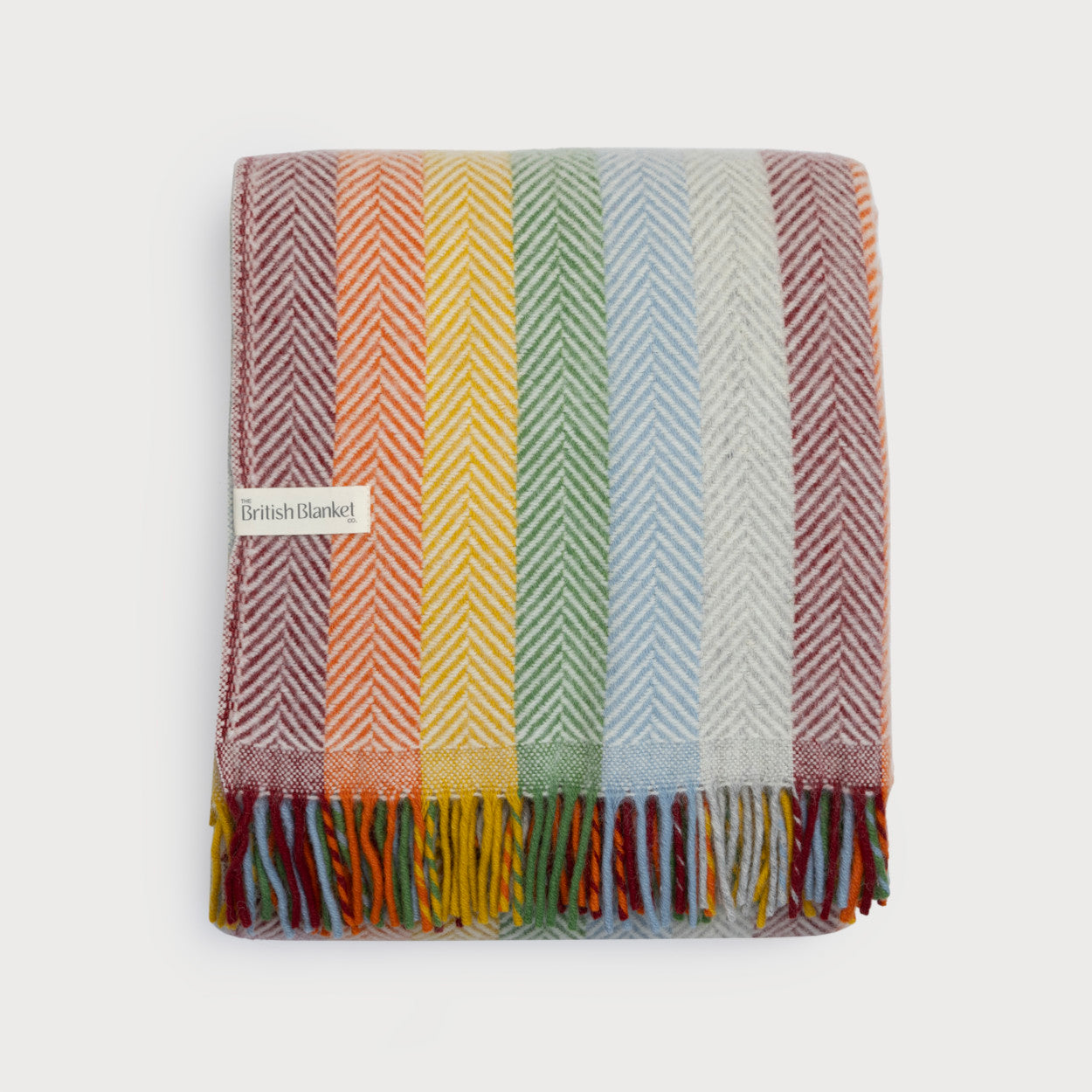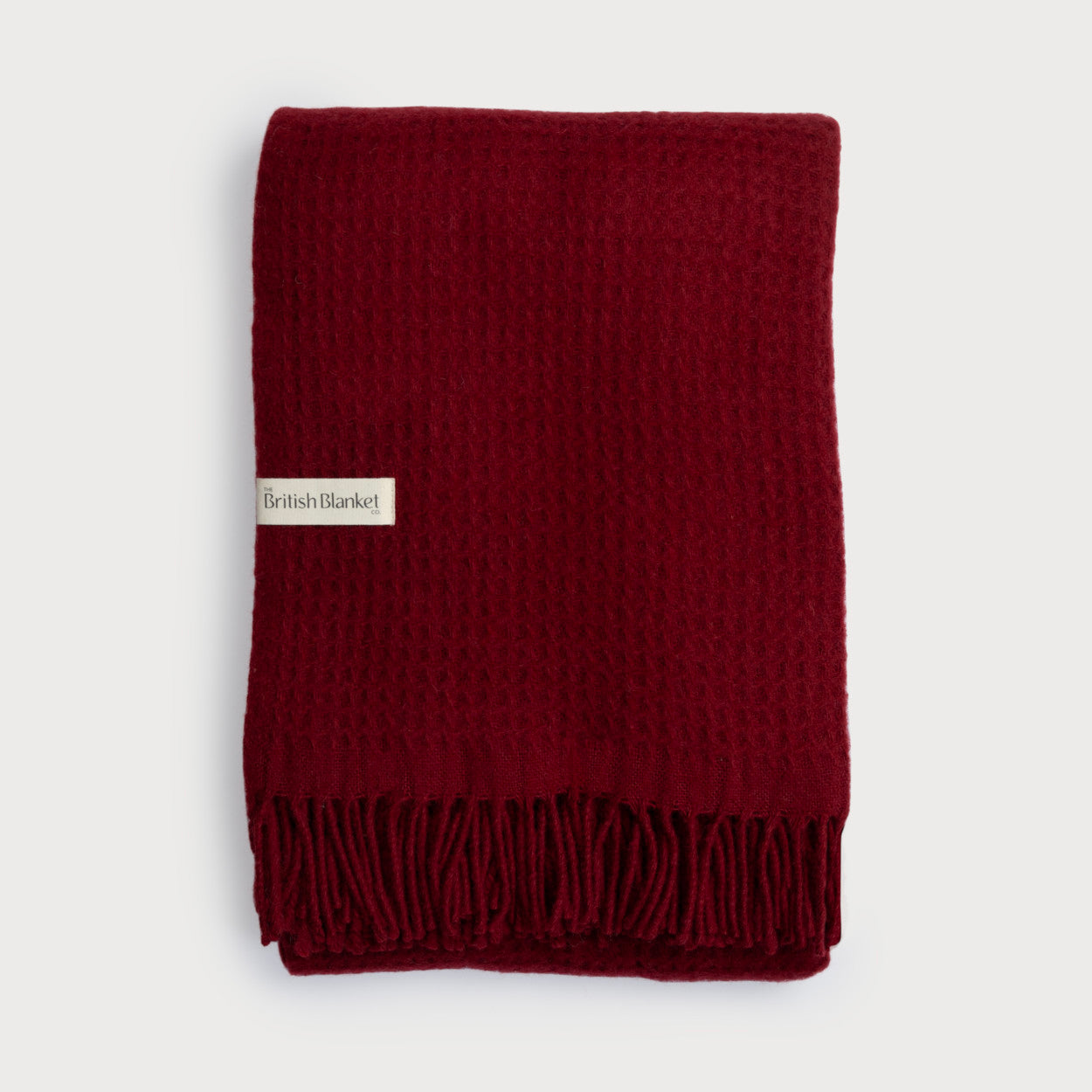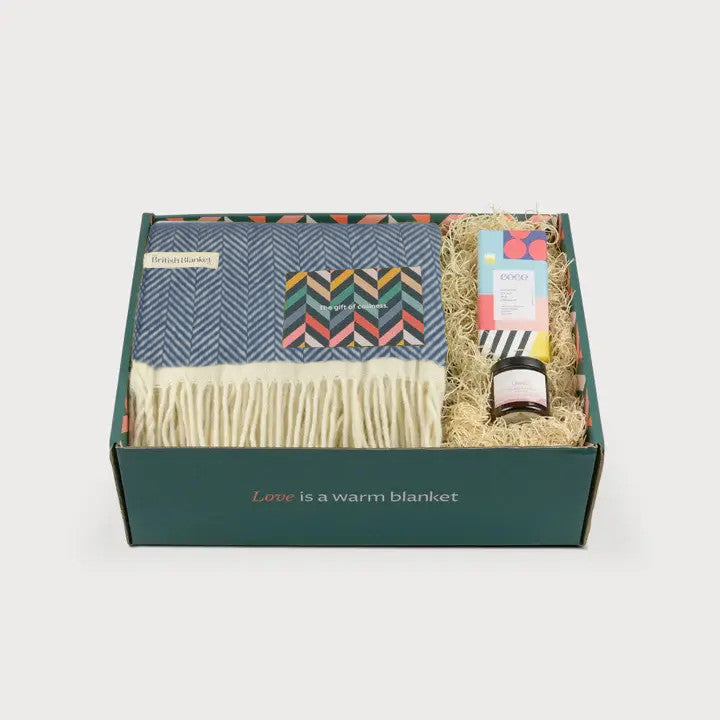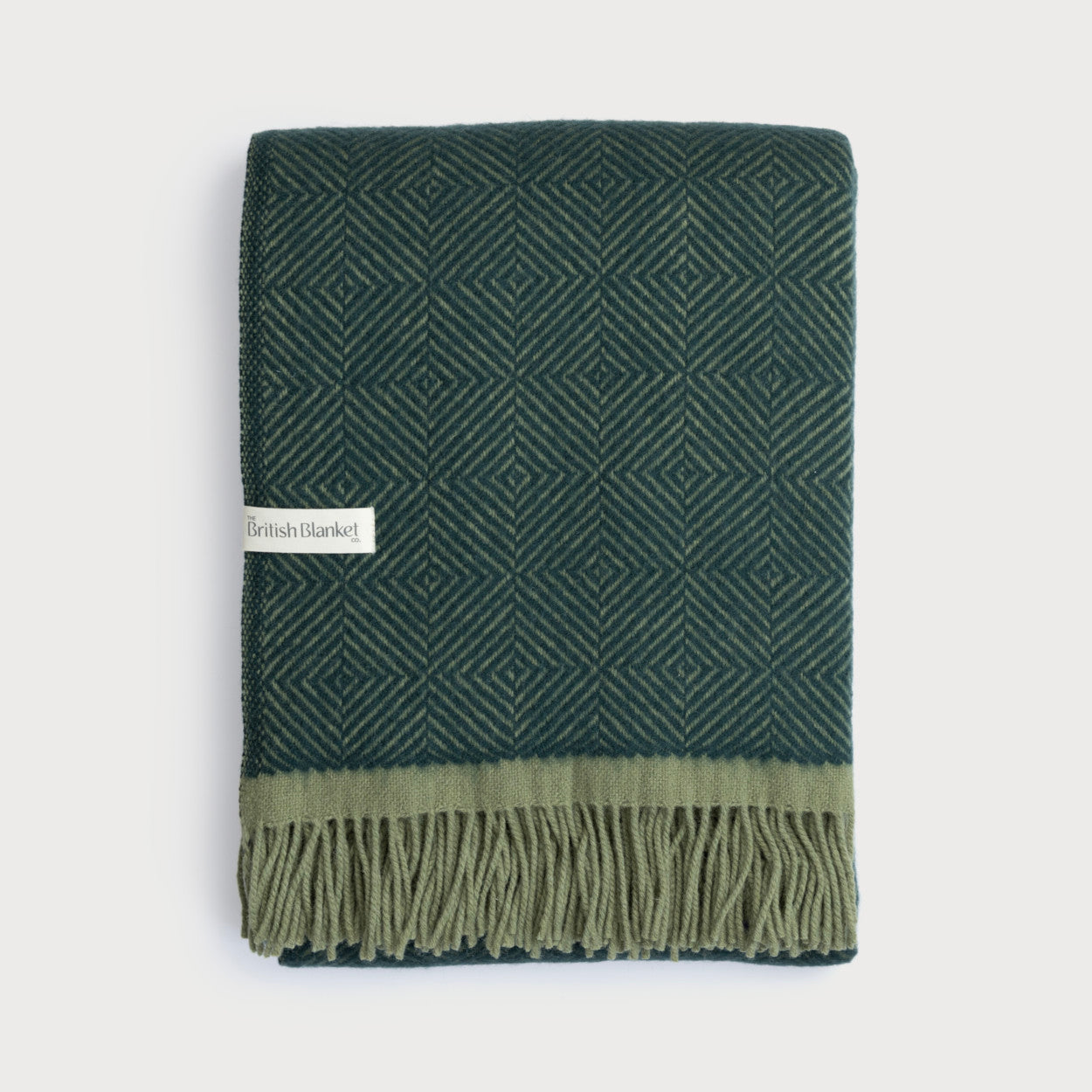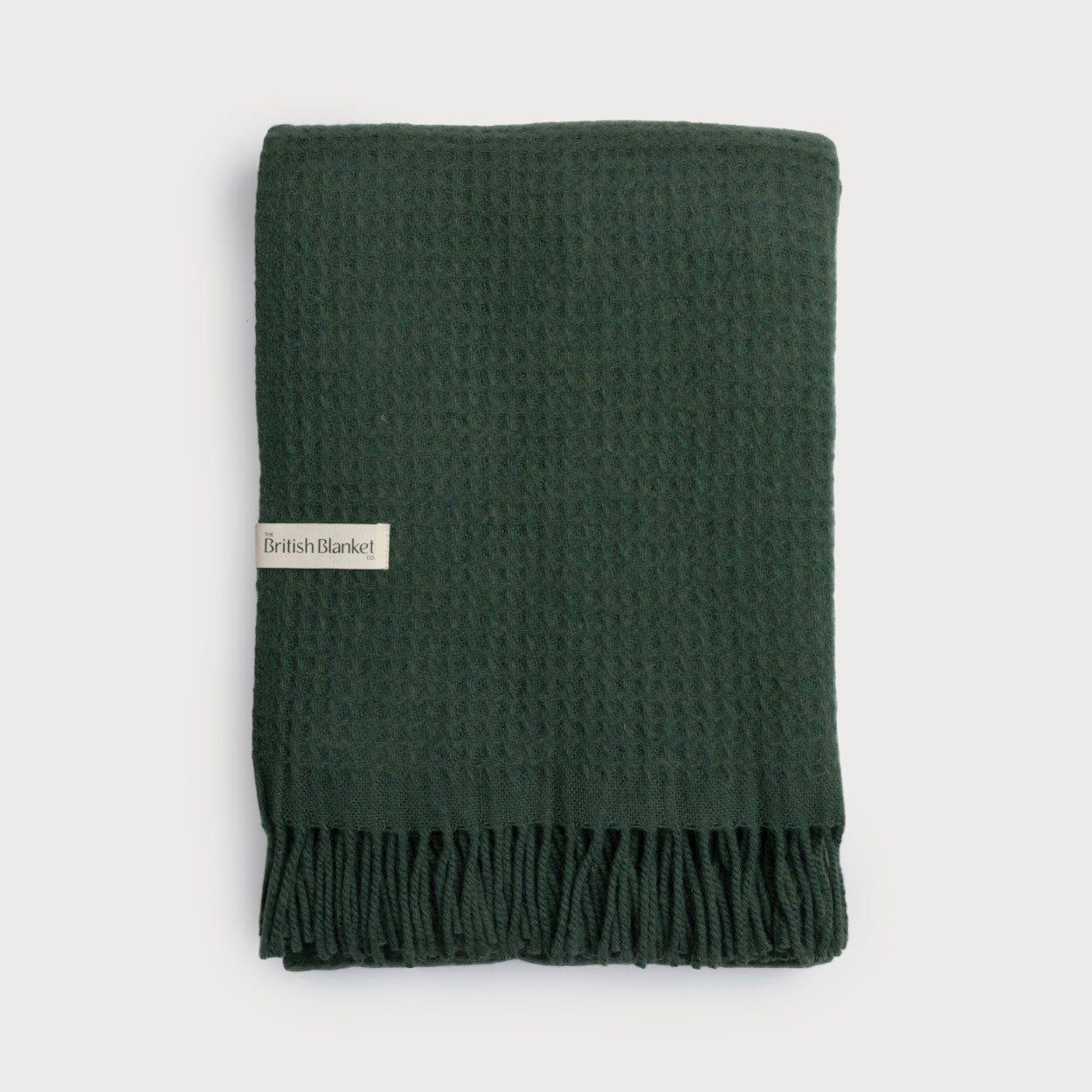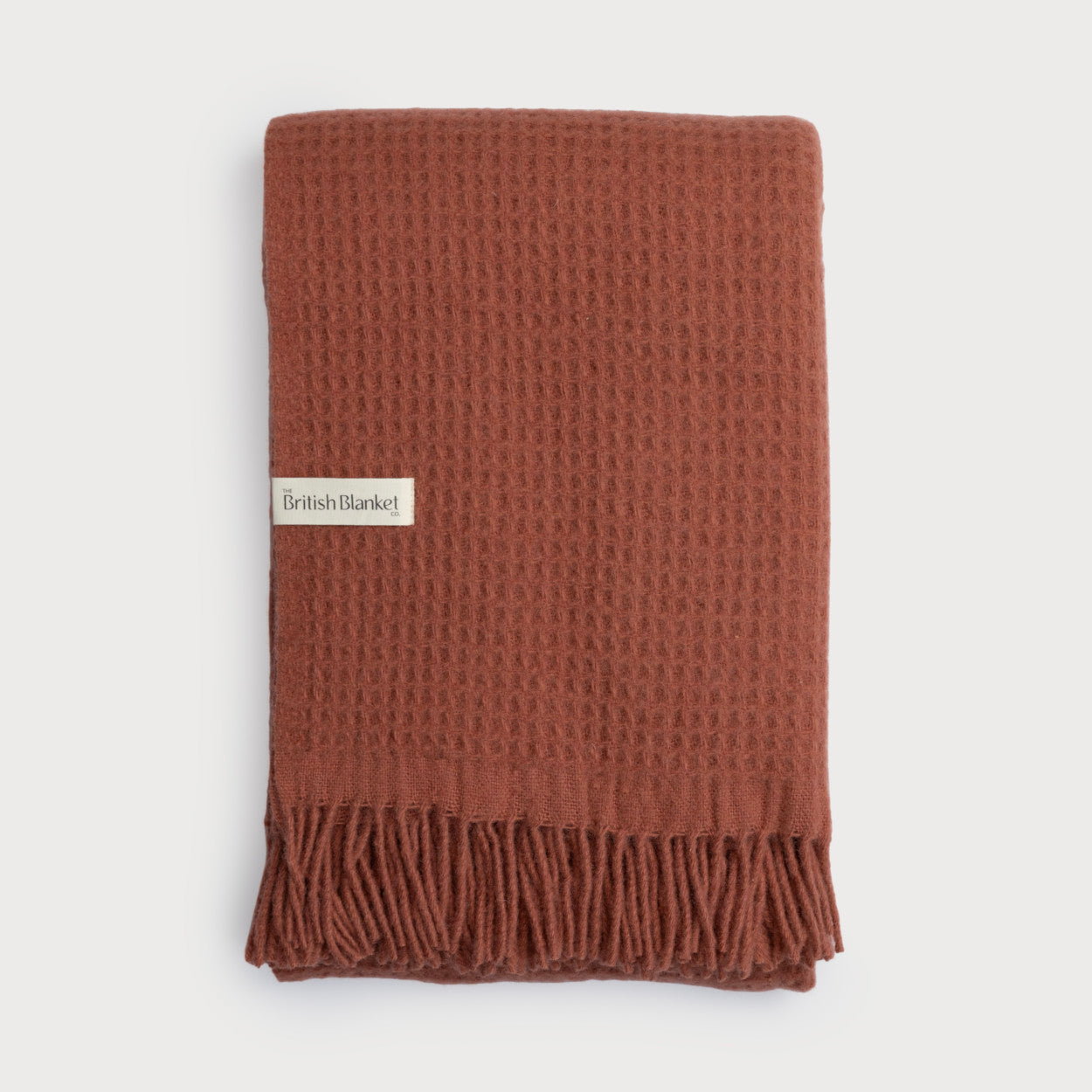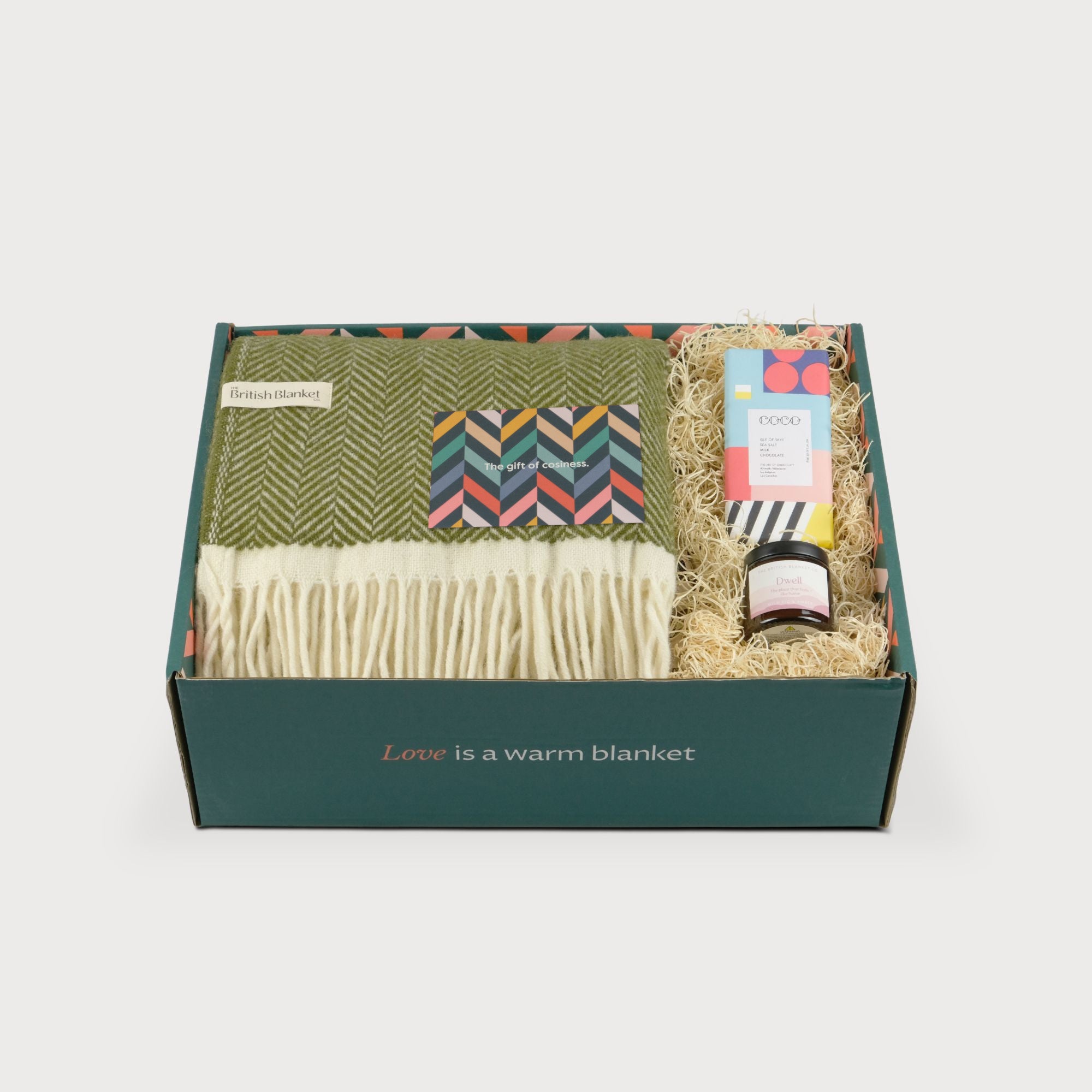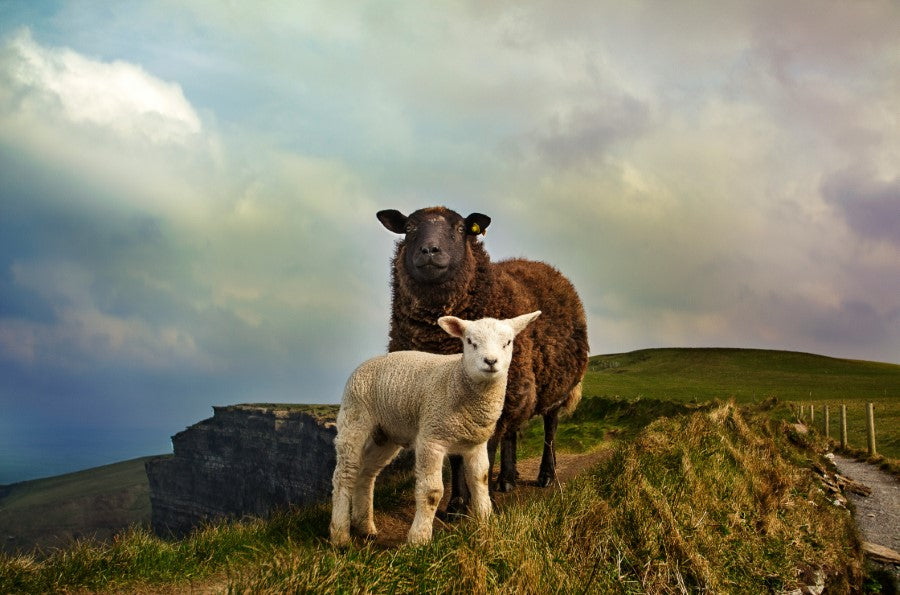Planet vs Plastics: a buyer's guide to natural blankets
As Earth Day approaches on 22nd April 2024, with its poignant theme of 'Planet vs Plastics,' it's a timely moment to reflect on the textile materials we use to make our blankets. At The British Blanket Company, we've made a commitment to making blankets from natural fibres and shunning synthetics. But why?
In honour of Earth Day 2024, this blog will delve into our passion for natural fibres, exploring the eco-friendly and warming benefits of wool and our upcoming collections in cotton, alpaca, and cashmere. Natural blankets are more comforting to wrap up in, while also helping to preserve our precious planet.
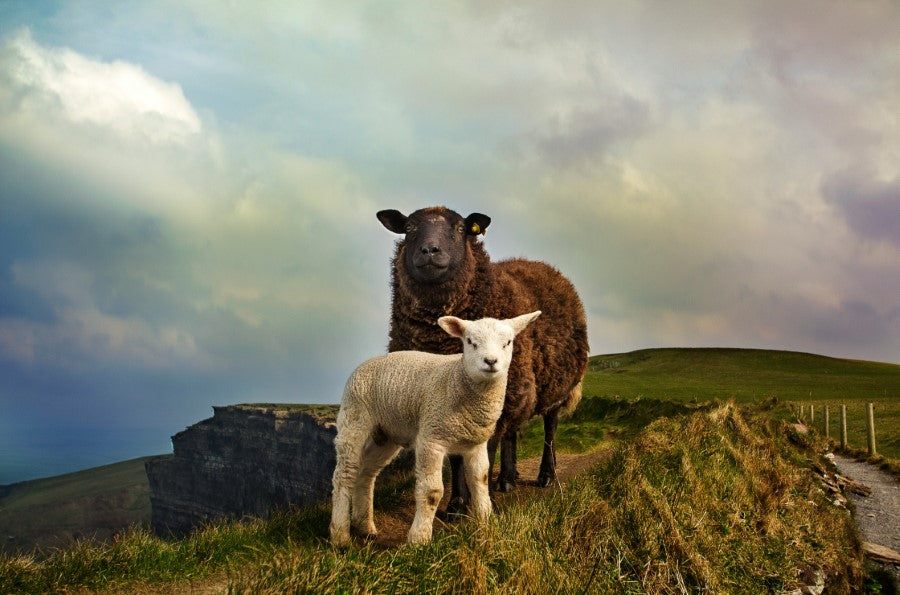
Wool: A Renewable Comfort
Wool stands out for its incredible properties: it's renewable, biodegradable, and inherently insulating. Sheep's wool, in particular, is a marvel of nature, offering warmth without the weight. It has the unique ability to regulate temperature, keeping you warm in winter and cool in summer. Wool's breathability and moisture-wicking properties make wool an ideal choice for blankets and scarves, offering a comfort that synthetic fibres can't match.
Additionally, wool production supports pastoral farming practices that can be part of regenerative agriculture. At the end of its life as a blanket, wool can be recycled and, if it is thrown away, it biodegrades completely in a short time adding beneficial nutrients to the soil.
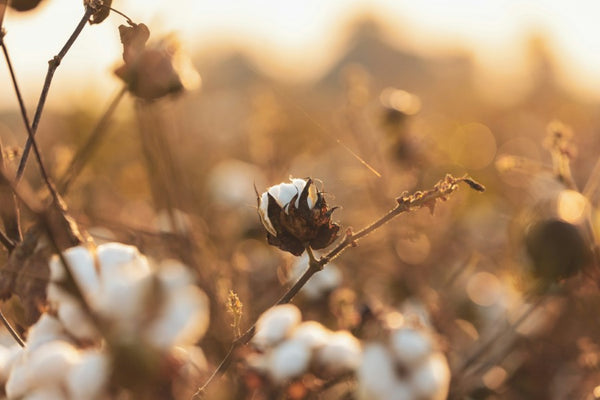
Cotton: Softness and Sustainability
Cotton, especially when recycled or organically grown, is an eco-friendly fabric choice. Organic cotton is grown without harmful pesticides or synthetic fertilisers, reducing its environmental footprint. Recycled cotton goes a step further, repurposing existing materials and significantly lowering water usage and carbon emissions.
The fibre is known for its softness and breathability, making cotton blankets perfect for year-round comfort. Plus, cotton is easy to wash and any shed fibres will biodegrade.
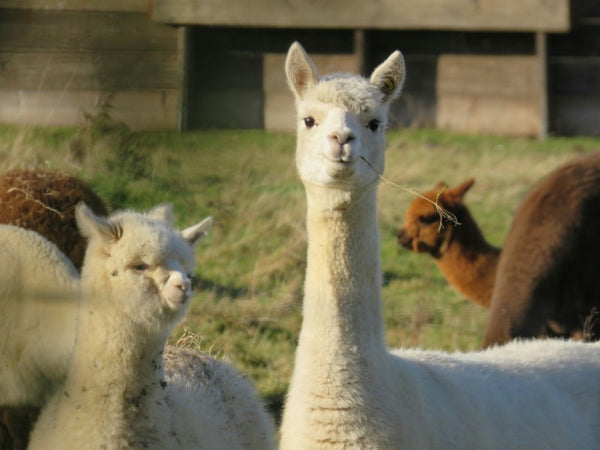
Alpaca: Luxurious and Hypoallergenic
Alpaca fibre is a luxurious alternative known for its softness, strength, and hypoallergenic properties. The fibres are even longer and finer than wool, making it ideal for lightweight, blankets that offer exceptional softness without pilling. Alpaca is also free from lanolin, which means alpaca blankets are suitable for people with sensitivities to sheep's wool.
Alpaca farming has a lower environmental impact, as these animals have padded feet instead of hooves, so they don't damage the ground as much as goats and sheep. This makes alpaca is increasing in popularity as a sustainable alternative to cashmere that is gentler on the environment.
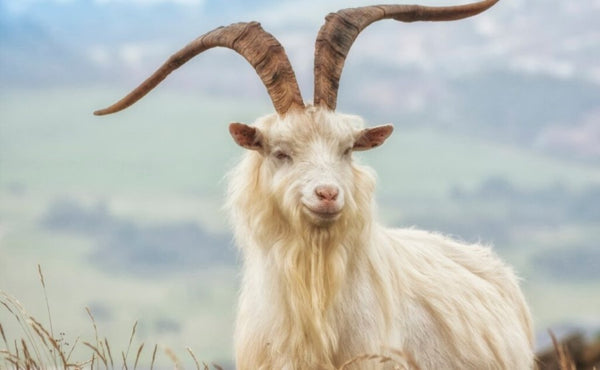
Cashmere: The Cost of Luxury
Cashmere is combed from the undercoat of cashmere goats and is renowned for its softness, warmth, and lightweight feel. Pure cashmere textiles are very expensive, so most cashmere blankets are made from yarns that blend cashmere with another fibre, such as merino lambswool.
Cashmere comes with some drawbacks, particularly on environmental, social and animal welfare grounds. Increasing cashmere goat herd numbers are degrading the areas in which they graze. Certified (GCS or SFA) or recycled cashmere is a more sustainable choice.
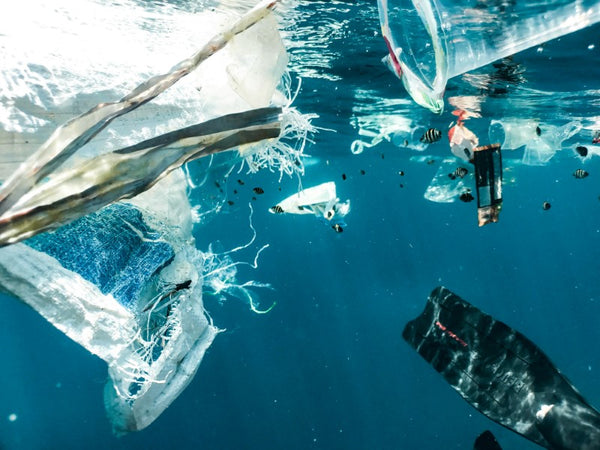
Synthetic Fibres: Petroleum and Microplastics
While synthetic fibres like polyester and acrylic might offer convenience and cost-effectiveness, they come with significant environmental drawbacks. These petroleum-based fibres contribute to the world's plastic problem, releasing microplastics into our oceans with every wash. Moreover, their production is energy-intensive, emitting substantial amounts of greenhouse gases.
Beyond their environmental impact, synthetic blankets often lack the breathability and natural comfort of their organic counterparts, leading to less restful sleep and discomfort.

Recycled Polyester: The Hidden Pitfalls
Although PET recycled polyester is often hailed by the fashion industry as eco-friendly because it uses recycled plastic bottles, its benefits are superficial. Recycled polyester is non-biodegradable and contributes to environmental pollution over its lifecycle. Moreover, it sheds even more microplastics during washing as recycled fabrics have shorter fibres, which pollute oceans and affect marine life. While a plastic bottle could be recycled into a new container several times over, they are instead shredded into thousands of tiny particles in making recycled polyester
From a comfort standpoint, recycled polyester lacks the breathability and moisture-wicking properties of natural fibres, leading to potential discomfort in warmer conditions. While it reduces dependency on virgin resources, recycled polyester still perpetuates plastic use and offers a less satisfying tactile experience compared to natural fibres.

The British Blanket Company: The Home of Naturally Beautiful Blankets
This Earth Day, as we champion the theme of 'Planet vs Plastics,' let's commit to choices that cherish and protect our natural world. Here at The British Blanket Company we believe in the beauty and responsibility of using natural fibres. By choosing wool, cotton, alpaca, or cashmere, we not only embrace the earth's natural gifts but also contribute to a sustainable future. Let's wrap ourselves in the warmth and luxury of nature, knowing that we're making a choice that benefits our planet and our comfort.
The advantages of natural fibres extend beyond their tactile and thermal properties; they represent a commitment to environmental sustainability and ethical production. As we celebrate Earth Day, let's make conscious choices that align with the preservation of our planet, favouring materials that offer warmth, comfort, and a promise for a greener tomorrow.
Shop natural blankets at The British Blanket Company's online shop
